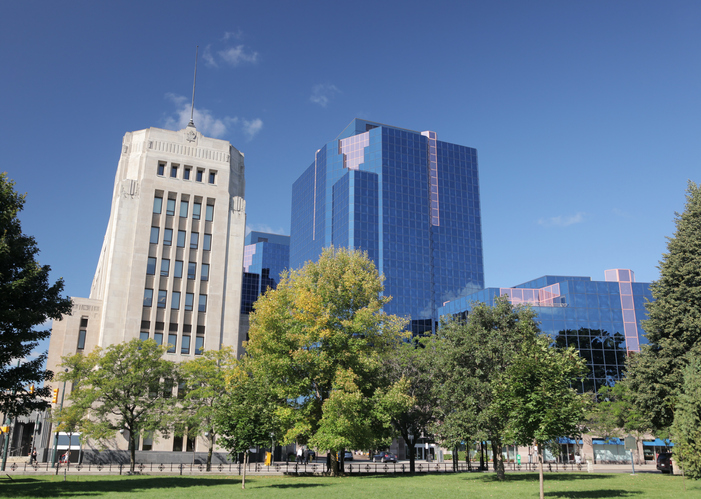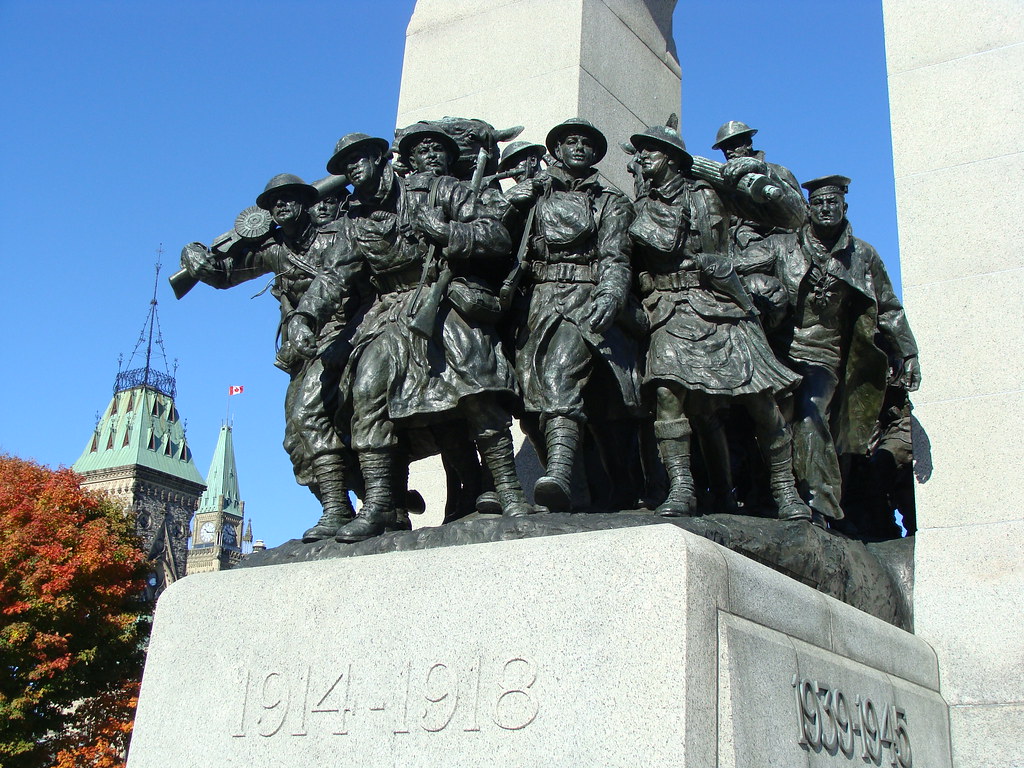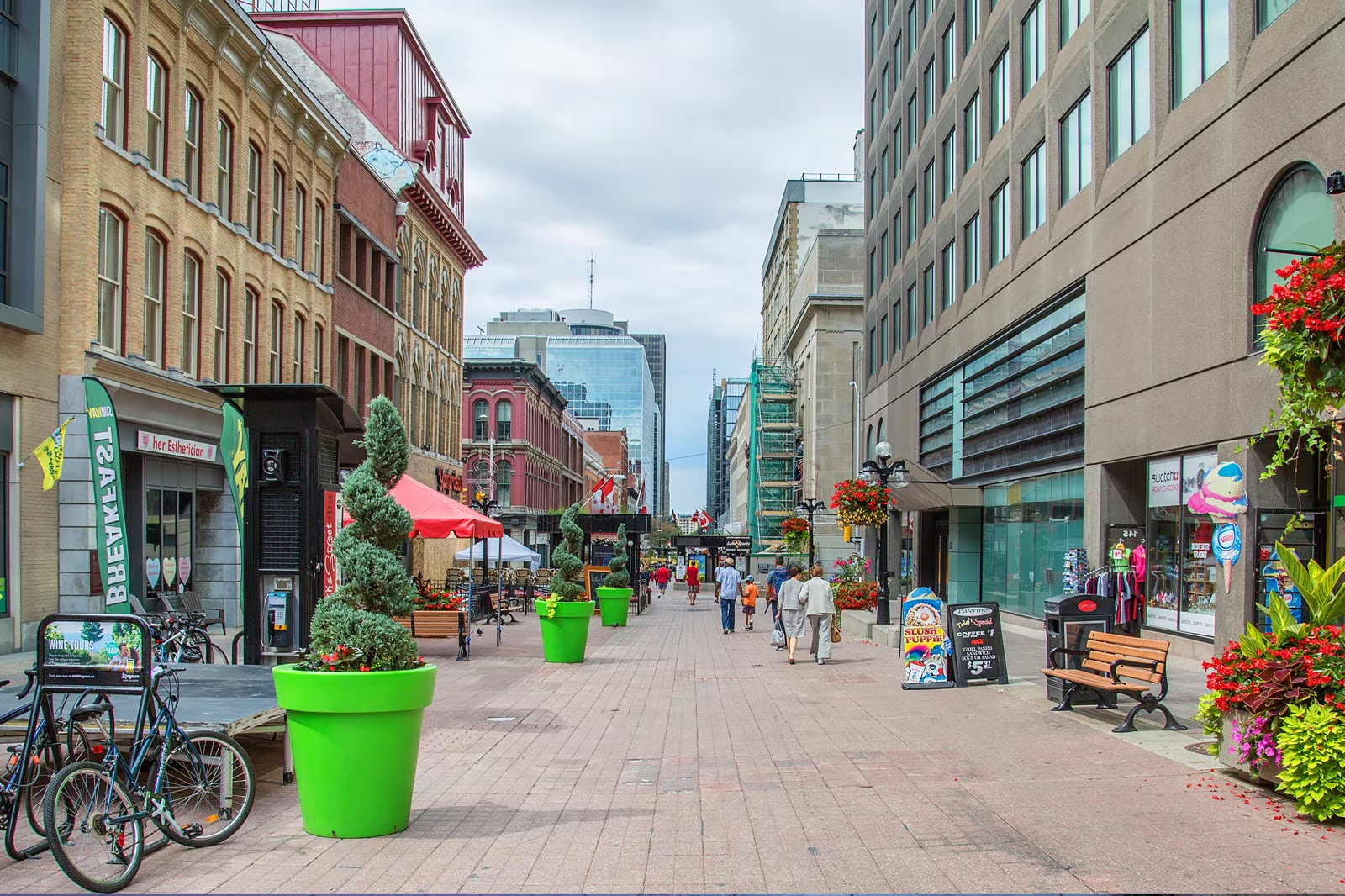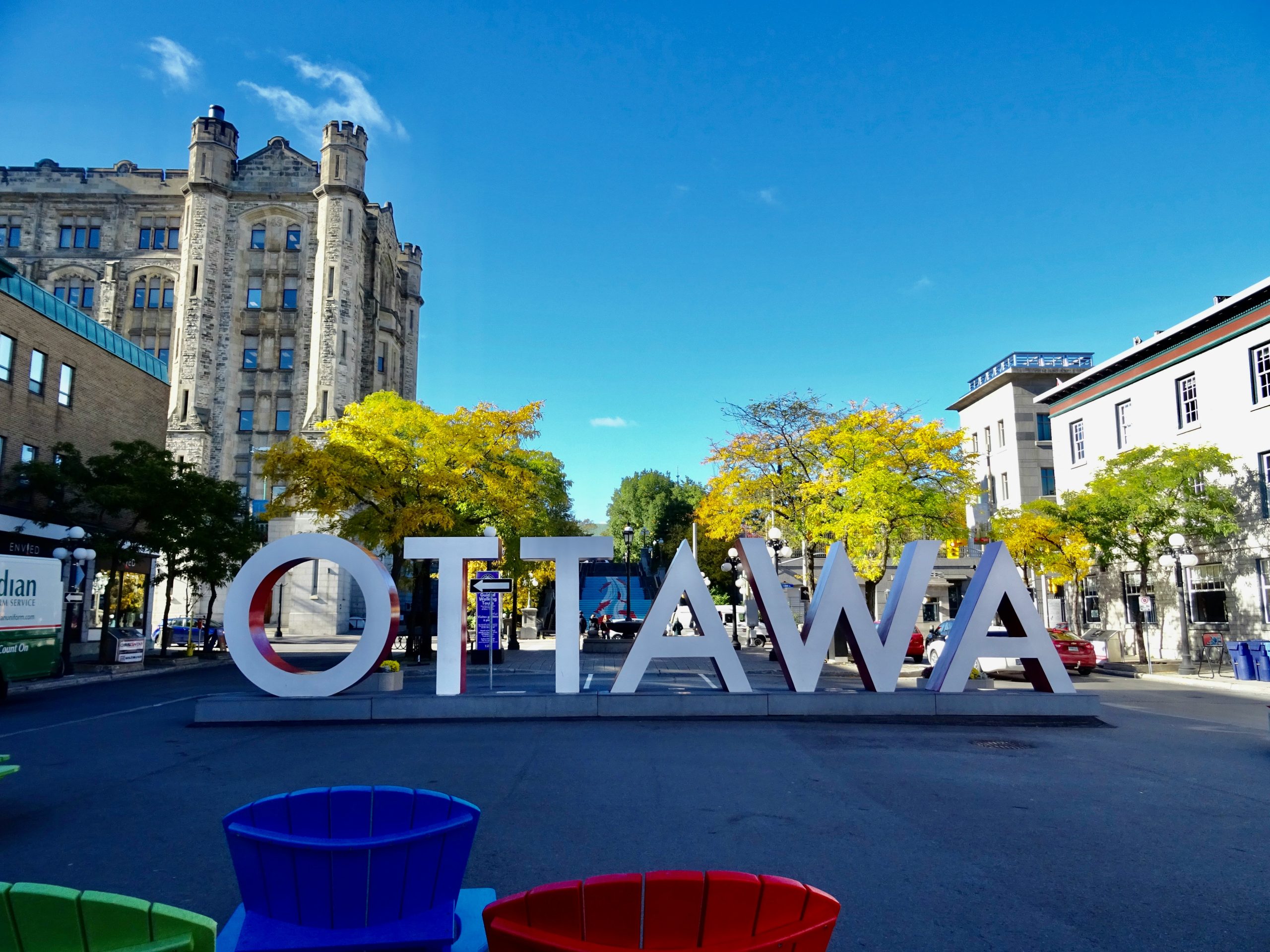Featured Guest
You’ll find this guest among our growing roll of Urban Champions.
-

Shelley Carroll
Toronto City Councillor
-

Shelby Ch’ng
Thunder Bay City Councillor
-
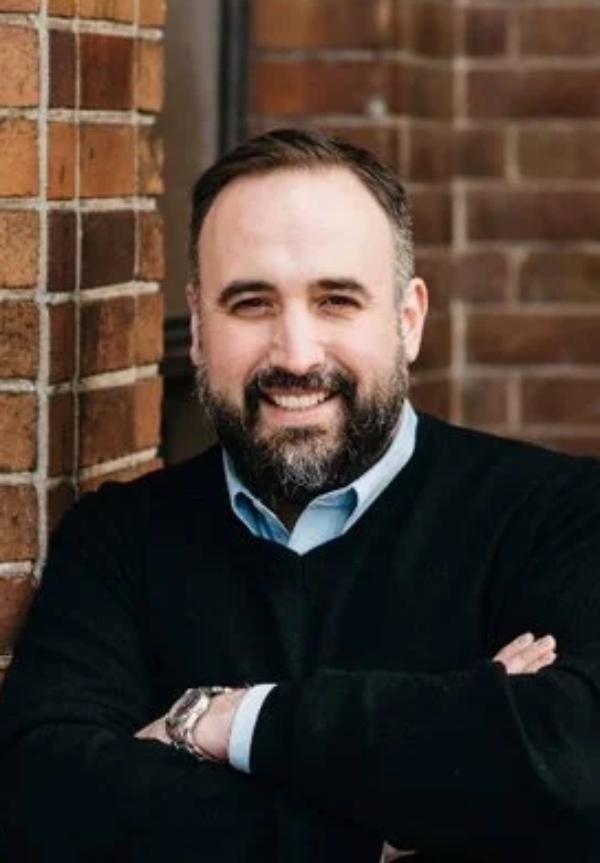
Rino Bortolin
Windsor City Councilor
-
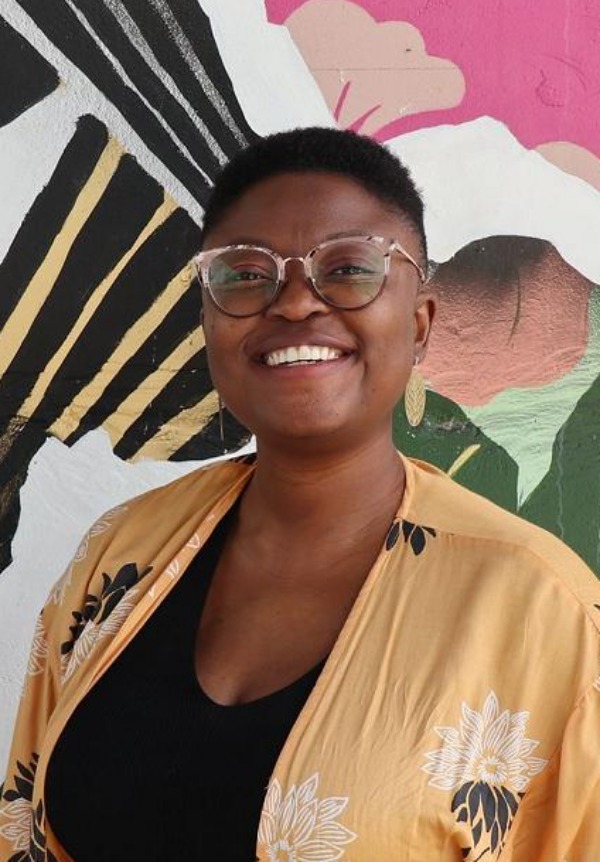
Kemi Akapo
Peterborough City Councillor
-

Arielle Kayabaga
Member of Parliament for London West (UK)
5 Key
Takeaways
A roundup of the most compelling ideas, themes and quotes from this candid conversation
1. The pandemic has magnified issues that existed before COVID
Issues that cities had prior to COVID have been exacerbated in the last 100 days. These include issues of housing affordability, homelessness, transit, food insecurity, and more.
It is important to remember that these are long-standing issues within Canadian municipalities and must continue to be addressed once COVID is behind us. It is also important to remember that these issues are all interconnected and have deep ties to ongoing conversations around equity within cities.
2. We need strategies to address racism at the local level
To date, three migrant workers have died as a result of COVID within the province of Ontario. Due in part to the number of confirmed cases among migrant workers, Windsor has yet to move into phase two of their reopening plan. This has angered some residents who are anxious to see their economy reopen and, in some cases, resulted in racist backlash. Canadian cities need to continue to focus on the differential impacts of COVID, and directly respond to discrimination experienced by some equity-seeking groups during this time.
3. Remote communities have their own unique experiences with COVID
Northern Ontario cities, such as the City of Thunder Bay, have seen comparatively few cases of COVID—but other crises are emerging as a result of the virus. For instance, the City of Thunder Bay has a large Indigenous population and many of the resources previously dedicated to these communities have been redirected during COVID. The City is also dealing with an ongoing opioid crisis, which has led to far higher numbers of deaths within their communities than COVID.
4. Job losses need to be considered at the household level
The millions of Canadian jobs lost during the last 100 days has been among the most significant impact of COVID, but it is also important for cities to examine job losses at the household level. “COVID Signpost 100 Days,” a report published by the Canadian Urban Institute, examines the number of urban Canadians who report that someone within their household has lost their job as a result of COVID. It is important to consider the impact that job loss can have on Canadian families, particularly those with young children, who often depend on two incomes.
5. The long-term care system must be reformed
It has become exceedingly clear that Canada’s long-term care system needs to be reformed. Changes must be made to ensure adequate standards of care across all long-term care facilities in Canada. Conversations about reforming long-term care must also take into account those who work within these facilities, as these essential workers continue to be underappreciated and underpaid.|
Additional Reading & Resources
Second migrant workers dies from COVID in Ontario, CBC News
Toronto Action Plan to Confront Anti-Black Racism
Full Panel
Transcript
Note to readers: This video session was transcribed using auto-transcribing software. Manual editing was undertaken in an effort to improve readability and clarity. Questions or concerns with the transcription can be directed to events@canurb.org with “transcription” in the subject line.
Full Audience
Chatroom Transcript
Note to reader: Chat comments have been edited for ease of readability. The text has not been edited for spelling or grammar. For questions or concerns, please contact events@canurb.org with “Chat Comments” in the subject lin
From Canadian Urban Institute: You can find transcripts and recordings of today’s and all our webinars at https://canurb.org/citytalk
00:18:45 Canadian Urban Institute: Folks, please change your chat settings to “all panelists and attendees” so everyone can see your comments.
00:21:22 Laurel Davies Snyder: Hello from London, ON
00:21:31 Ryan St-Jean: thank you
00:21:34 Emily Wall, CUI Staff: Please visit https://covid100.ca to read the full report COVID Signpost 100 and to see details on the rest of today’s panels.
00:22:00 Emily Wall, CUI Staff: Today’s panel:
Arielle Kayabaga – https://twitter.com/ArielkeK
Kemi Akapo – https://twitter.com/kemi_akapo
Rino Bortolin – https://twitter.com/WindsorRino
Shelly Carroll – https://twitter.com/shelleycarroll
Shelby Ch’ng – https://twitter.com/ShelbyChng
00:22:03 Canadian Urban Institute: You can find transcripts and recordings of today’s and all our webinars at https://www.canurb.org/citytalk
00:23:06 Canadian Urban Institute: Keep the conversation going #covid100 @canurb
00:23:14 Kate Graham: City Councillors have worked very hard during this crisis! Thanks to all five of you for the work you do for your cities. Excited to learn from you today.
00:24:23 Ryan St-Jean: try toggling the video off
00:24:27 Ryan St-Jean: or go mobile
00:25:41 Ryan St-Jean: @marcGarneau @elonmusk
00:30:31 Ryan St-Jean: I could buy 20 dollar store solar-powered lights and light up a multi-use path, I really just need a permit
00:34:16 Ryan St-Jean: is the Japanese micro-hotel model a bad idea?
00:35:23 J. Scott: One easy way for the Federal Government to access funds for the recovery (water clean up on reserves, health and housing just for a start!) and to reduce the huge hidden emissions of the military, would be the immediate scrapping of contributions to NATO that total $32.7 billion — and counting — as described in the 2017 defence policy p. 43: https://publications.gc.ca/collections/collection_2017/mdn-dnd/D2-386-2017-eng.pdf (this will go up with supplementary estimates every year. It states that a gob smacking $553B will be spent on the military over the next 20 years but this will actually be much higher with supplementary estimates.) This expenditure seems particularly egregious given the long-standing and enormous level of long unfunded needs still to be met within Canada itself.
00:35:43 Abby S: I’m not sure what “semi-racist
means Councillor Bortolin…it is important to call it what it is.
00:43:54 Ryan St-Jean: sorry, the micro hotel comment wasn’t a joke
00:44:06 Ryan St-Jean: I will step out
00:44:48 Ryan St-Jean: and for previous webinars, Greenland does exchange bottles of alcohol with scientists
00:46:50 Melinda Munro: Important to call out social issues as important to city planning during COVID but in general, @councillor Bortolin
00:48:44 Emily Wall, CUI Staff: We’ve compiled 100 Actions pulled from our CityTalk series – check them out on https://covid100.ca
00:48:46 Rino Bortolin: The semi racist comment was just saying that there have been all types of comments ranging from outright racist, to passive racism, to not blaming tied to race at all. Racism is there but its also just an issue of finger pointing whether it be because of race or not
00:49:51 J. Scott: The Migrant Workers Alliance for Change is calling for three simple demands from Ontario to contain and mitigate the crisis: – Suspend work at COVID-19 farms. – Ensure income for all. – Ensure proper health & safety. https://migrantworkersalliance.org/
00:51:06 J. Scott: Thanks Councillor Ch’ng for bringing in that white throated sparrow to serenade us!
00:51:24 allison ashcroft: BC Spotlight today is focused on dual emergencies of homelessness and overdose deaths. tune in at 5pm EST
00:55:30 J. Scott: The emptying of work sites will also mean a loss of tax revenues.
00:56:58 Madelyn Webb: At the community level.. are cities looking at how to continue the resident mobilization and leadership that we see during COVID. Madelyn Webb CREW Toronto @crewtoronto
00:57:39 Alan McNair: June 18/20 Press Release Please share: Local Alliance Calls on Local Governments for a Green and Just Recovery 35 organizations join in a broad alliance to create more just, green and healthy communities across Simcoe County Barrie – Today, over 30 organizations and businesses from across Simcoe County have allied to send a message to local municipalities, provincial and federal politicians – focus on a green and just recovery for the region. This alliance, known as Just Recovery Simcoe, is keenly aware how current issues such as COVID, systemic racism and climate change are highlighting the inherent weaknesses in how we make decisions, how we spend tax dollars and how we build our communities. Their core belief is that a healthy community is one that is equitable, environmentally friendly and seeks to provide strong places to live and work for all. Media Contact: Margaret Prophet Simcoe County Greenbelt Coalition 705-718-1383
00:57:58 Emily Wall, CUI Staff: Please help CUI improve its CityTalk programming with a short survey – https://bit.ly/2UXXsFS
00:58:04 Abby S: The opioid epidemic is not confined to BC as we all know. Guelph has a huge problem along with many other communities. How to address in the context of COVID recovery and rebuild is something that must be included in all plans. This population has been forgotten and neglected.
01:00:26 Canadian Urban Institute: You can find transcripts and recordings of today’s and all our webinars at https://www.canurb.org/citytalk
01:01:08 J. Scott: Since this webinar is taking place in London, are there conversations happening with the city’s mayor and council about conversion away from the construction of war machinery being built at the General Dynamics plant that’s building the LAVs going to Saudi Arabia to annihilate the country and citizens of Yemen?
01:01:41 Canadian Urban Institute: Keep the conversation going #covid100 @canurb
01:02:09 Madelyn Webb: Agree re Green Recovery. Climate issues, emergency preparedness and resiliency at the community level are priorities.
01:07:04 Abby S: It is up to the LTC facilities to change their behaviour. It is unconscionable
01:07:35 Melinda Munro: Loving Councillor Carroll’s analysis of the problems with teh staffing models of LTC (and frankly lots of other businesses) creating problems. Not the fault of the women workers, its the fault of businesses that won’t apy benefits or decent wages.
01:07:46 J. Scott: The province must step up to improve this situation of LTCs through better wages for workers so they don’t have to have multiple jobs, etc.! Toronto is not solely responsible. We must demand this of Ontario!
01:07:55 Anneke Smit: Windsor City Council, to its credit, passed an ambitious climate plan during COVID. Councillor Bortolin was a champion of this plan. The challenge will be in ensuring that the funding priorities are there to implement it. There are big intersections with equity considerations there too – transit for example.
01:07:56 Melinda Munro: Some municipalities do the same thing by making jobs that should be permanent into temporary casual jobs to save tax dollars.
01:08:34 J. Scott: Thank you Councillor Carroll!
01:10:24 J. Scott: LTC reform is a template for all of recovery plans. Every service should be public!
01:12:16 David Crenna: Excellent point about thinking further down the road several steps in advance!
01:13:34 allison ashcroft: decisions made on the fly aren’t mitigated by who votes. voting doesn’t mean you have influence. there are other routes and circumventions particularly during emergency. these marginalized groups need to have greater positions in govt and inclusion in decisionmaking for influence
01:15:29 J. Scott: Thank you everyone! Great conversation. Let’s Build Back Better!
01:16:21 Stephen Smith: Thank you. Lot’s of work to do
01:16:41 Anneke Smit: Thank you all so much for this conversation!
01:17:00 Diana Idibe: Thank you everyone!
01:17:02 J. Scott: I hope to see you all at the next webinar today and next week.
01:17:08 Graham Wilson: Thank you everyone
